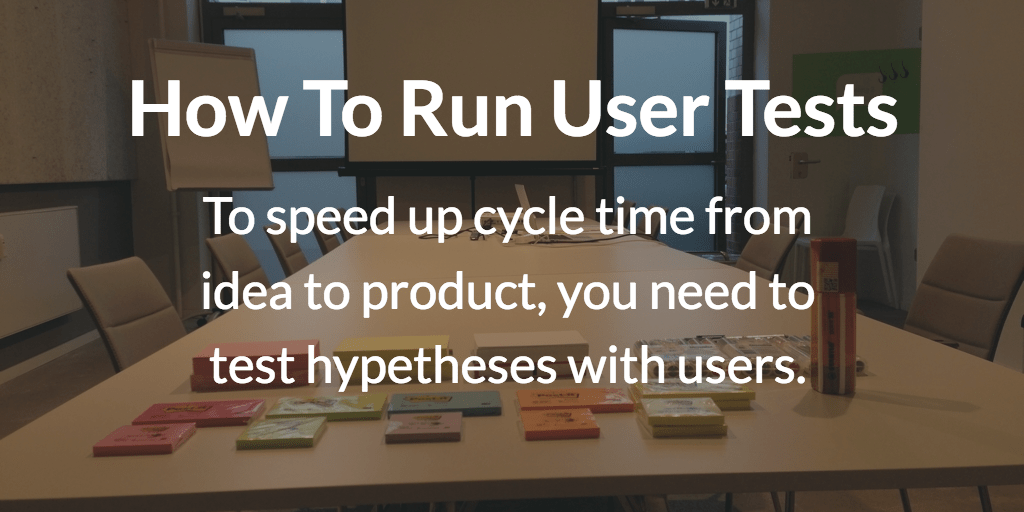Age of Product’s Food for Thought of May 1st, 2016 covers tips & tricks for writing awesome user stories, why 90% of feedback is usually crap, dives into the old discussion — estimations in story points or hours? —, and how to manage developers if you have no clue about coding.
We also explore why effective people think simply, and how to find product-market fit or decide when to pivot. We dive deep into Google design sprints and product storyboards.
Last, but least, we cover data-driven product design at the BBC, why so many smart people are unhappy, and we share a list with 25 geniuses that will or might change our world. (Or probably, they will just fail in the process like you and me, too.)
Essential Reads
(via The Atlantic): Why So Many Smart People Aren’t Happy

Joe on a paradox: “Shouldn’t the most accomplished be well equipped to make choices that maximize life satisfaction?”.
(via Wired): 25 Geniuses Who Are Creating the Future of Business
Gideon shares a list of 25 people that are the “unsung creative, technical, and social visionaries working to bring the incredible world of tomorrow to you today”.
SOON, SOFTWARE WILL know how you feel—and will use that data to sell you things. The gig economy will go global (but it’s not Uber-take-all). The tech industry will finally be inclusive. AI will achieve something like common sense, and it will be open source too.
Agile & Lean
: 10 Tips for Writing Good User Stories
Roman on why working with user stories is easy, but writing good stories can be hard and what to do about it.
(via Crisp): Growing up with Agile – Minimum Viable Bureaucracy at Spotify
Peter of Spotify shares a slidedeck from a Bay Area Agile Leadership Network meetup on how Spotify managed to create a ’minimum viable bureaucracy‘ in
Going back in time, and following the latest structural changes makes it clear that the model was never the primary mover: instead a number of core principles and ambitions has worked as constraints on how to grow the most suitable organization for the task, with small enough structure to help but not be in the way: you could call it Minimum Viable Bureaucracy
(via RubyGarage): Story Points vs Hours in Web Development Estimation
Anastasiya goes into detail on two highly-discussed estimation measures: story points and hours and when to use what method.
(via Stanford Graduate School of Business): Effective People Think Simply
Kathleen – professor at Stanford University’s School of Engineering – studied how product development teams burdened by a complicated set of rules frequently derail while teams with no rules at all never even get started.
People are good at starting. And people are really bad at stopping.
(via Scrum Alliance): Real-World Agile Transformation
Mat of Ruckworks.guru shares a success story on how Agile transformation cured a health care software company's aches and pains.
(via Gigster): How To Manage Developers When You're A Non-Tech Founder
Alex on what makes developers tick and how to manage them when you don’t have a technical background.
From the Blog: How to Get Useful Feedback
(via Age of Product): User Tests: How to Run them Successfully – a step-by-step guide

Product, Lean & Feedback
(via First Round Capital): 90% of Feedback is Crap: How to Find the Next Big Startup Idea
Nat, co-founder of Flatiron Health, shares his unique methodology to systematically find the next great thing without being what he calls “a visionary founder”.
(via Chargify): Finding Product/Market Fit: When To Stand Firm & When To Pivot
Chargify on how to evaluate product/market fit, and how to know when to stand firm (remaining focused on your current product) and when to change direction.
(via Zapier): Solve Problems and Test Ideas Faster with Google Ventures' Design Sprint Framework
Eric of Zapier introduces the ‘Design Sprint’ methodology of Google Ventures.
: Product as Hero Storyboard
Christina describes how using story architecture principles can be beneficial when trying to design a meaningful product customers will love and adopt.
In the workshops on innovation I run, we also use this to familiarize users with the product promise before doing participatory roadmap exercises. It provides context to people as they prioritize features.
(via Mind The Product): Data-Driven Product Design at the BBC
Iwan – business analyst at the BBC – on how his team has iteratively built a set of operational dashboards to help them understand their data-driven product, and unravel how users are actually behaving.

